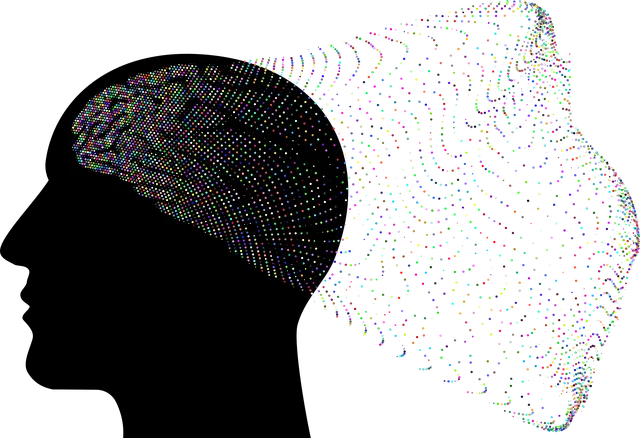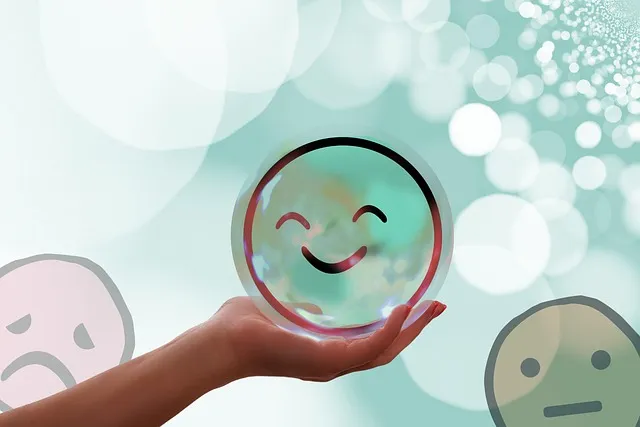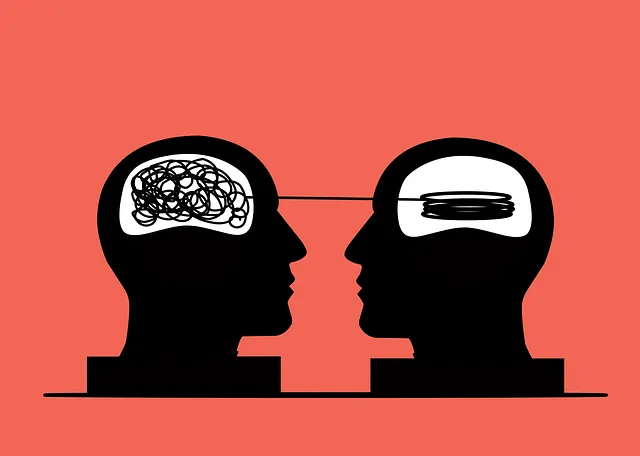Mental wellness journaling, facilitated by resources like the Kaiser Permanente mental health appointment center in Lone Tree, is a powerful tool for self-discovery and emotional well-being. By documenting thoughts and experiences, individuals gain insights into their mental state, improve emotional regulation, reduce stress, and foster cultural sensitivity in mental healthcare practices. Personalizing journals with relevant prompts, keeping them accessible, and incorporating creative elements enhances its effectiveness as a complementary method for stress reduction and self-care. Regular reflection on journal entries supports personal growth, informed decision-making about mental health, and tracking progress towards emotional well-being.
“Unwind and nurture your mental wellness with the transformative power of journaling. This practice, often recommended by experts at the Kaiser Permanente Mental Health Appointment Center in Lone Tree, offers a safe space to explore thoughts and emotions. In this guide, we’ll navigate through the benefits of mental wellness journaling, from enhancing self-awareness to fostering personal growth. Learn how to set up your journal for maximum impact, capture your experiences authentically, and reflect on insights that can shape your well-being.”
- Understanding Mental Wellness Journaling Benefits
- Setting Up Your Journal for Success
- Capturing Thoughts and Emotions Effectively
- Reflecting and Growing from Your Journal Entries
Understanding Mental Wellness Journaling Benefits

Mental wellness journaling has gained recognition as a powerful tool for self-discovery and emotional well-being, especially with the support of resources like the Kaiser Permanente mental health appointment center in Lone Tree. This practice involves documenting thoughts, feelings, and experiences to promote a deeper understanding of one’s mental state. By committing to this exercise regularly, individuals can unlock a range of benefits that contribute to their overall mental health journey.
Journaling allows for introspection and self-reflection, enabling people to identify patterns in their emotions and behaviors. It fosters emotional regulation by providing an outlet to process and release intense feelings, thus helping to reduce the impact of stress, anxiety, or even symptoms of mental illness. Moreover, it plays a role in the Mental Illness Stigma Reduction Efforts by encouraging self-acceptance and challenging societal perceptions. The act of putting pen to paper, or fingers to keyboard, can foster Cultural Sensitivity in Mental Healthcare Practice as individuals express their unique experiences, promoting understanding and empathy among healthcare providers.
Setting Up Your Journal for Success

Starting a mental wellness journal is a powerful step towards self-care and can be greatly enhanced by setting it up correctly from the beginning. At the Kaiser Permanente mental health appointment center in Lone Tree, we encourage clients to view their journal as a personal sanctuary for reflection and growth. Begin by choosing a space where you feel most comfortable—a quiet corner of your home or even a dedicated area at work. Ensure your journal is easily accessible, perhaps with a special place on your desk or nightstand.
Personalize your journal to make it a truly meaningful tool. Consider using prompts tailored to your specific needs and interests. Incorporate elements that support Emotional Healing Processes, such as gratitude lists, reflection questions, or even creative expressions like drawing or collage. Remember, the goal is to create a space that encourages self-exploration and fosters Cultural Sensitivity in Mental Healthcare Practice by allowing you to express yourself freely and authentically.
Capturing Thoughts and Emotions Effectively

Effective mental wellness journaling involves capturing your thoughts and emotions with clarity and honesty. Start by allocating a quiet moment each day to sit down and reflect. At the Kaiser Permanente mental health appointment center in Lone Tree, professionals emphasize the power of uninhibited expression. Write freely about what’s on your mind, whether it’s joy, worry, or anything in between. This practice fosters emotional intelligence and helps you recognize patterns that contribute to both positive and negative emotional well-being.
Incorporate specific details and sensory experiences to make your journal entries richer. Describe the environment around you, how your body feels, and any conversations that resonate. The goal is not just to record events but to understand yourself better. Over time, these introspective moments can provide valuable insights and serve as effective stress reduction methods, complementing various emotional well-being promotion techniques.
Reflecting and Growing from Your Journal Entries

Reflecting on your mental wellness journal entries can be a powerful tool for personal growth. By revisiting your thoughts and emotions, you gain valuable insights into your mental health journey. This process allows you to identify patterns, triggers, and coping mechanisms that may have emerged over time. For instance, you might notice specific situations or stressors that consistently impact your emotional regulation, as highlighted by the Kaiser Permanente Mental Health Appointment Center in Lone Tree. Such awareness is crucial for effective mental health policy analysis and advocacy, enabling individuals to make informed decisions about their well-being.
Through consistent journaling, you can track your progress, celebrate achievements, and learn from setbacks. It encourages self-reflection and fosters a deeper understanding of your mental health landscape. By analyzing your entries, you may uncover new strategies for managing stress, improving mood, and enhancing overall Mental Health Awareness. This practice promotes self-care and empowers individuals to take charge of their emotional well-being, which is essential in today’s fast-paced world.
Mental wellness journaling can be a powerful tool for self-discovery and growth, providing an intimate space to capture and reflect on thoughts and emotions. As you’ve explored this guidance from the Kaiser Permanente Mental Health Appointment Center in Lone Tree, remember that consistency is key. By setting aside dedicated time, you can create a habit that fosters mental clarity and resilience. Reflecting on your journal entries allows you to track progress, identify patterns, and make informed decisions about your well-being, ultimately enhancing your overall mental health journey.






